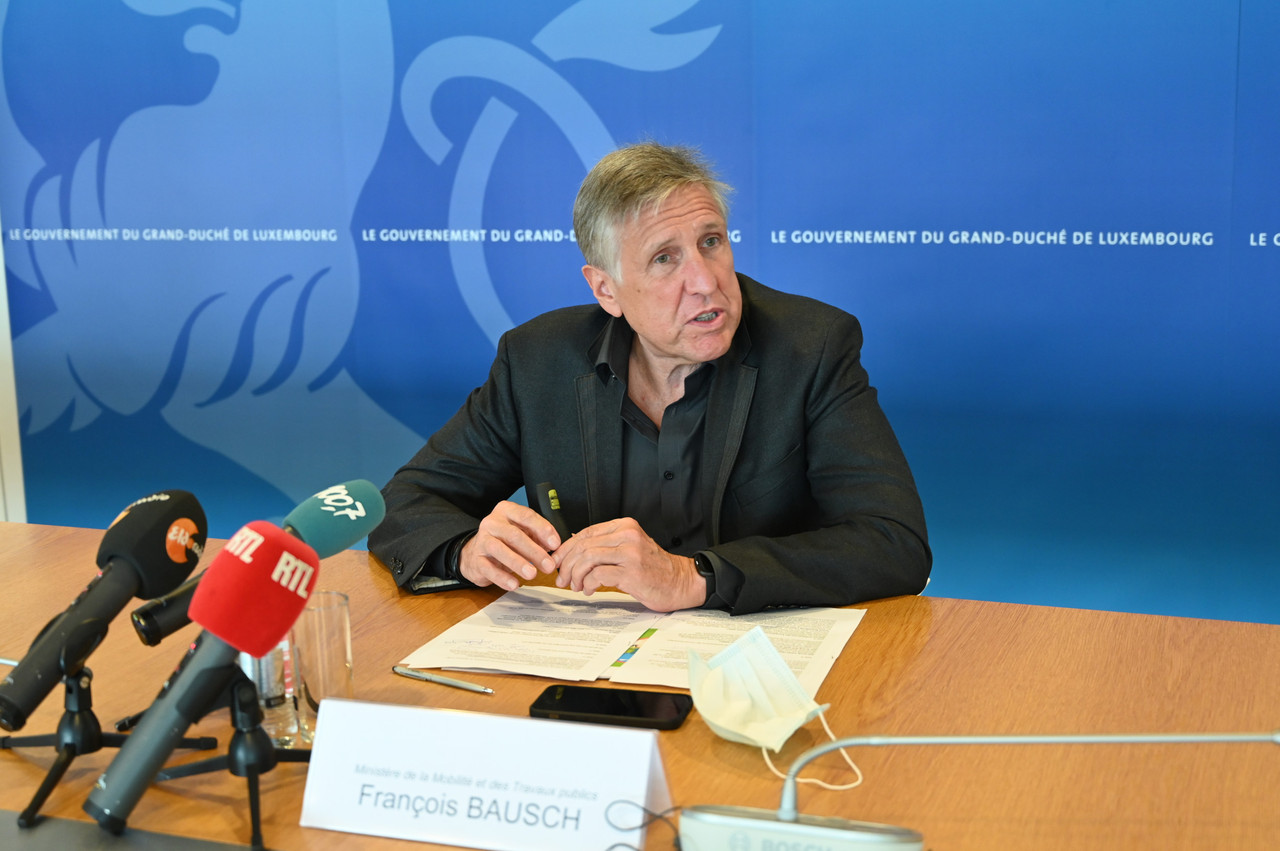The mobility management tool mConcept should help companies assess the needs of employees and set up carpool initiatives, provide bicycle shelters or other schemes to promote soft modes of transport. While the service has been available since 2014, it is now moving forward with a digital platform and renewing efforts to engage with companies as the pandemic has changed work routines and transport needs.
"The aim is to offer real support to companies, to analyse the habits of their employees, so that they can switch from private cars to soft mobility. We carry out an analysis thanks to several targeted surveys on the company's organisation. We take a close look at the employees' usual movements, the company's mobility policy, as well as the measures already in place, and identify potential for improvement," said Sam Jacoby, project manager, during a press conference on 22 September.
"We then draw up a tailor-made action plan, which is generally based on seven fields of action: communication and information, promotion of public transport, improvement of active mobility, optimisation of the vehicle fleet, introduction of carpooling, personal services and internal organisation and, finally, facilities and infrastructure," he said.
Mobility management
Since 2014, the mConcept service, which is part of the government's Modu 2.0 transport strategy, has been offered to administrations and companies concerned with changing the way their employees travel. It now has a dedicated portal and website. "The aim of mobility management is to act on travel demand in order to reduce the use of private cars, promote the use of sustainable modes of transport, and optimise multimobility and thus daily mobility chains," said Bausch.
Among the tools and services proposed, companies can install a screen inside their premises to allow their employees to consult public transport departures in real time at nearby stops. The tool can also be digitally integrated into the company intranet.
The ministry has not set specific targets for the number of companies it wants to reach. "We have produced 91 mobility plans in the last ten years. All employers are involved, and we can work with 20 or 100 companies at the same time in the same business park. We see where the problems lie and try to pool the solutions," said Jacoby.
The is accessible to the general public, and employees of participating companies have access to personalised mobility portals. All this is available in three languages: French, German and English.
This story was first published in French on . It has been translated and edited for Delano.
